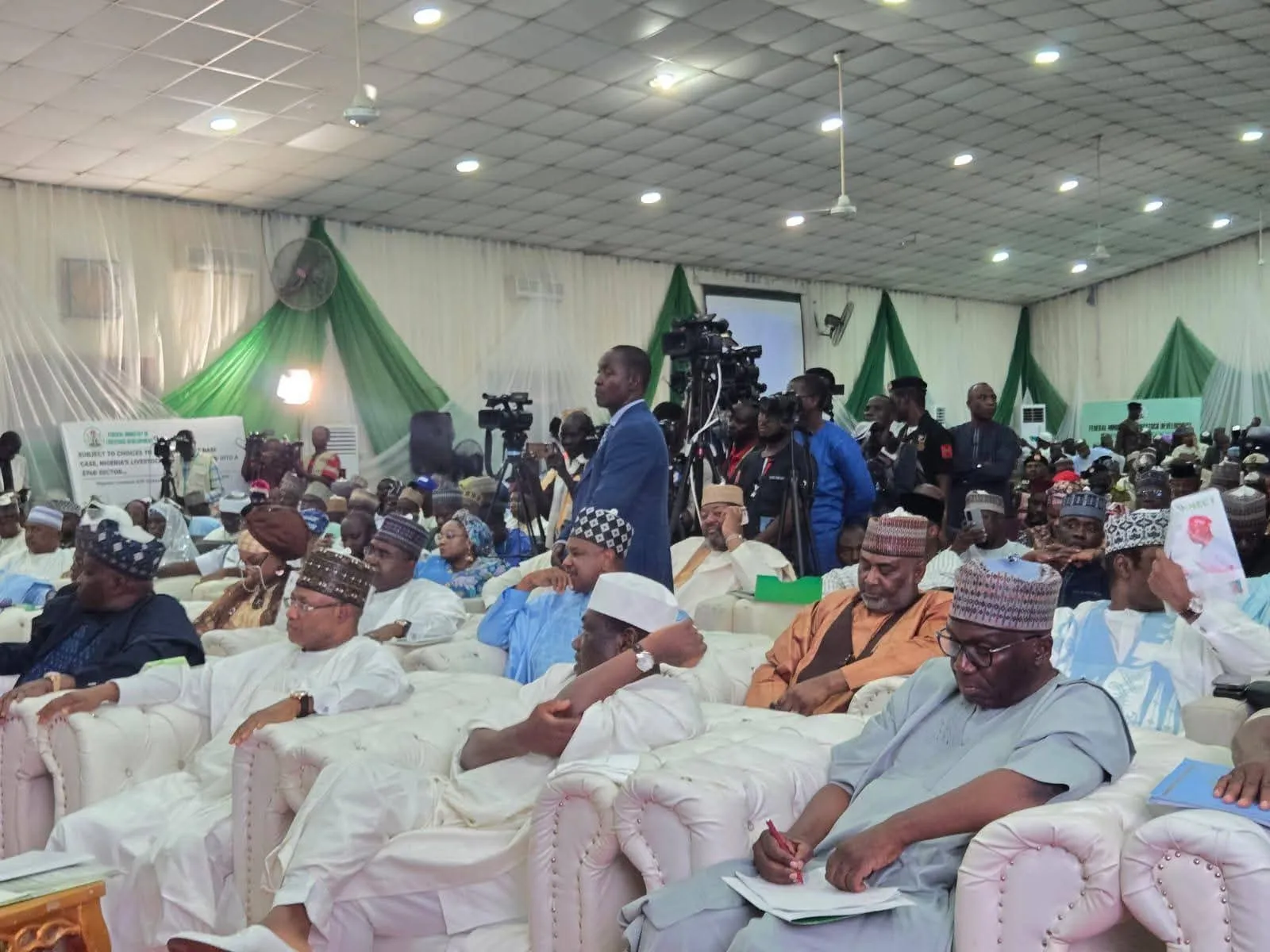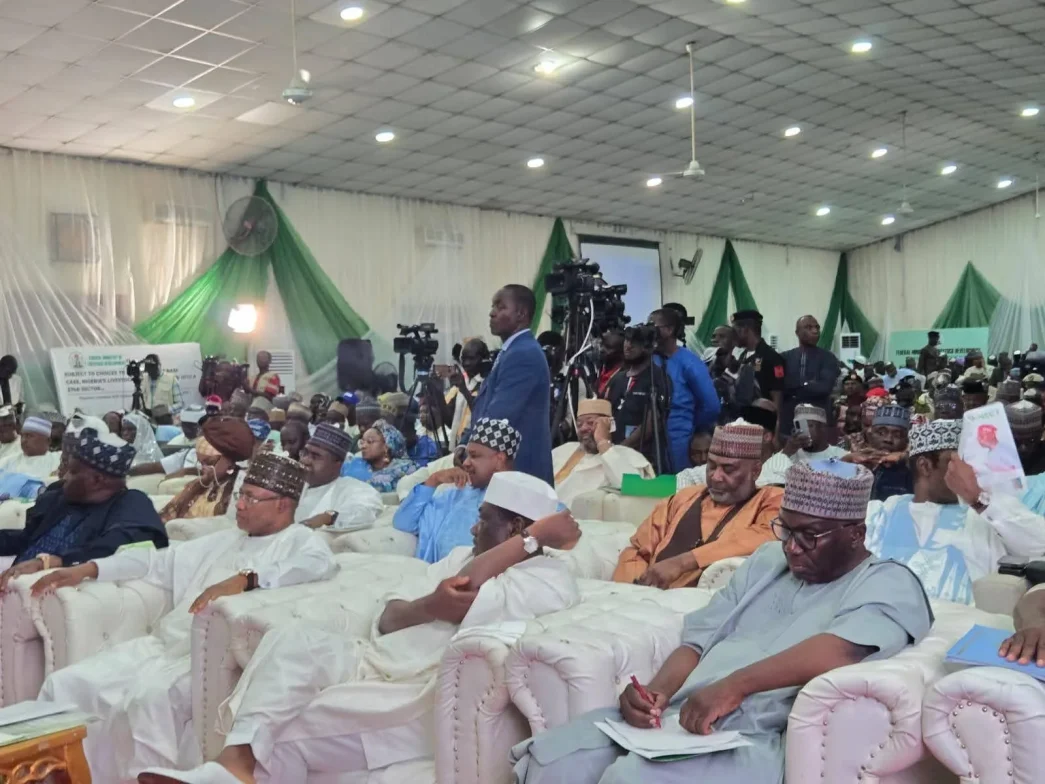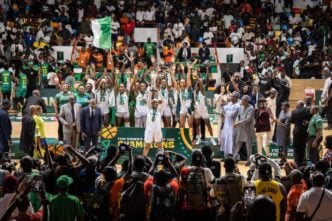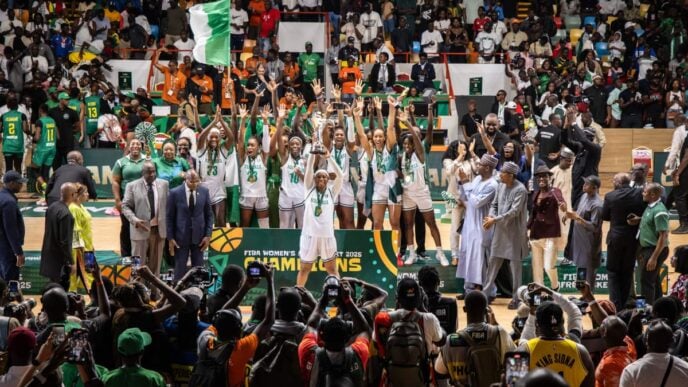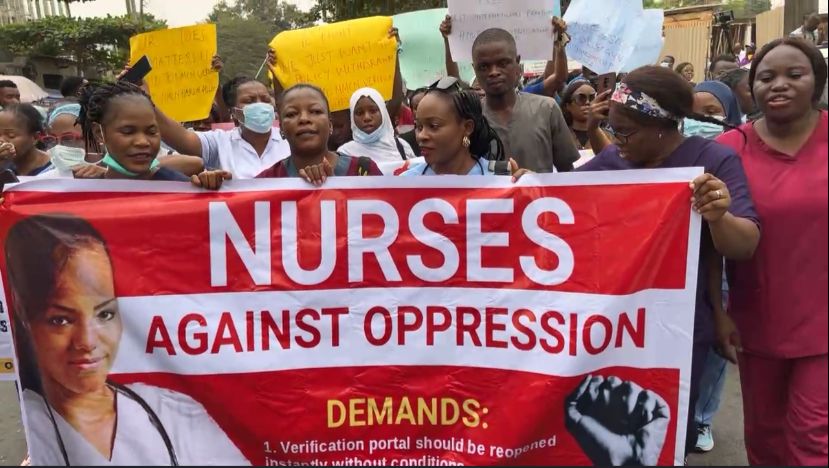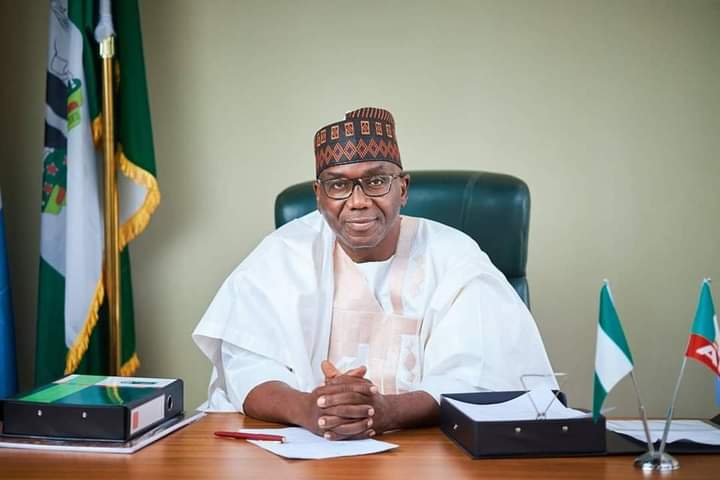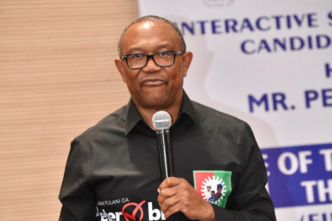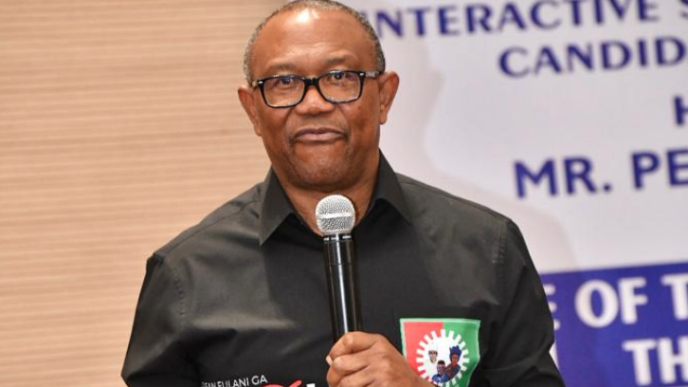Northern stakeholders meeting
BY SANI DANAUDI MOHAMMED
As a northerner, I strongly disagree with the narrative presented in the articles “Tinubu and the North” by Suleiman A. Suleiman and “Emi-Lokan or Lagos-Lakon?” by Salihu Tanko Yakasai. Both articles seem to suggest that President Tinubu is unfair to the north and is concentrating resources in the south, particularly in Lagos. However, this narrative is far from the truth. President Tinubu has appointed several northerners to key positions in his government, demonstrating his commitment to inclusivity and regional representation.
The articles’ claims are not only misguided but also potentially polarising, threatening to drive a rift between the north and President Tinubu’s administration, a divide that would benefit no one. As a northerner, I encourage my peers to look beyond this narrative and remain supportive of the president’s initiatives. The recent town hall meeting in Kaduna, organised by the Sardauna’s Foundation, demonstrates the administration’s openness to the north’s concerns, showcasing President Tinubu’s commitment to truly understanding the region’s needs.
A closer look at the articles reveals a clear bias and a lack of understanding of the president’s policies and initiatives. The article “Emi-Lokan or Lagos-Lakon?” highlights the numerous projects initiated by the government in Lagos, but fails to consider the broader context and the government’s efforts to develop all regions of the country. Similarly, the article “Tinubu and the North” ignores the president’s efforts to address the north’s challenges, including insecurity and economic development.
In my preceding article, “The Fallacies of Anti-North Narrative”, published by TheCable News and the Blueprint Newspapers, I highlighted several projects initiated by the federal government in the North, showcasing President Tinubu’s commitment to developing the region’s infrastructure and promoting economic growth. Some notable projects include the Abuja-Kaduna-Kano gas pipeline, Abuja-Kaduna-Kano Expressway, Sokoto-Badagry Super Highway, and Kano-Maiduguri Dual Carriageway. Additionally, the administration has invested heavily in the agriculture sector, with programs like the $158.15 million agriculture value chain initiative for nine Northern states and the Kolmani Integrated Development Project in Bauchi and Gombe.
Other projects mentioned in the article include the Kaduna-Kano Rail Line and the Kano-Maradi Rail Line linking the Niger Republic, the Gwagwalada Power Plant, and the proposed ABIBA Solar Power Station in Kaduna. The article also highlights healthcare projects, such as expansions and upgrades at major facilities like Ahmadu Bello University Teaching Hospital, Zaria, and Federal Medical Centre, Nguru, as well as the upgrade of over 1,000 primary health centres across the north. Furthermore, the federal government has completed approximately 135 road projects across Northern Nigeria, with 216 new road construction projects ongoing, and 312 road maintenance projects completed and 50 others in progress.
The Vice President, Senator Kashim Shettima, recently remarked that certain decisions in Nigeria are taken in a “rare pace circle,” highlighting the collaborative efforts among key decision-makers, including the President, Vice President, Senate President, and Speaker of the House of Representatives. Notably, two of these key positions are held by northerners, and when including the Deputy Senate President and the Speaker of the House of Representatives, it’s clear that the north has significant representation in the country’s leadership.
The north is also well-represented in other important positions, such as the chairman of the NNPC Limited Board and the group managing director, who hail from Borno and Kwara states, respectively. Additionally, the chief of defence staff is a northerner, and each of the 19 northern states has representation in the federal executive council. The APC national chairman is also from the north-central, specifically Plateau state. Furthermore, one of the three presidential spokesmen is from the north, with one being from Borno state.
Given the north’s significant representation in key positions, it’s reasonable to question what more President Tinubu could do to further appease the region. Considering the region’s strong support for his candidacy in 2023 and the fact that he stood by the north to ensure the rotational presidency and power shift principle was upheld, it appears President Tinubu has already taken significant steps to recognise the north’s importance in Nigerian politics.
Why is it always Tinubu? Why are the northerners not asking their representatives questions to account for the huge allocations coming into their accounts every month? It seems like a case of selective scrutiny, where the president bears the brunt of criticism while other leaders are spared.
I am glad Governor A.A. Sule of Nasarawa state once said: “Those asking questions should come to Nasarawa state and see for themselves what he does with his own subsidy proceeds.” This statement highlights the need for northerners to hold their leaders accountable and demand transparency in governance.
I do not think any right-thinking northerner will allow themselves to be dragged into this cheap political conversation. The President Tinubu we have today is the same one we campaigned for and voted for in 2023. It is time for northerners to take ownership and demand more from their representatives, rather than solely focusing on the President.
The notion that President Tinubu is solely responsible for the North’s woes is a narrative that doesn’t quite add up. For too long, the North has had opportunities to change its own story, but unfortunately, the current state of affairs suggests that this narrative remains largely in the realm of fairy tales. The reality on the ground paints a different picture, one that requires a more nuanced understanding of the complex issues at play.
Rather than scapegoating President Tinubu, it is essential to acknowledge that the north’s challenges are multifaceted and deeply ingrained. The region’s leaders, including those in government and other spheres of influence, must take ownership of their role in shaping the narrative. By doing so, they can work towards creating meaningful change and development that benefits the people.
The Northern region has for long had an opportunity to change the narratives, but it is just a fairy tale in the mind of narrators of the current happenings in the North. President Tinubu cannot be single-handedly blamed for our woes. Therefore, if he is not the northern best friend, he would not be the northern enemy.
The North is at a crossroads, and it’s time to wake up and take control of our own destiny! We’re being played, manipulated by power brokers who are using our frustrations to undermine governance. They are fueling the narrative that President Tinubu is the enemy, but the truth is, we are the ones who have been asleep at the wheel. We have had opportunities to change our story, but we’ve let fairy tales and empty promises hold us back.
Northerners, it is time to rise up and reject these power brokers! Don’t let them use you to further their own interests. We’re better than this. We deserve better. Let’s take ownership of our challenges and work towards real change. Let’s not be swayed by cheap politicking and scapegoating. Elections are far away, but our future is now. Let’s seize it, let’s shape it, and let’s build a brighter tomorrow for ourselves and for generations to come.
Danaudi, director of communications, United Arewa Progressives Forum, International, can be reached via [email protected]
Views expressed by contributors are strictly personal and not of TheCable.
